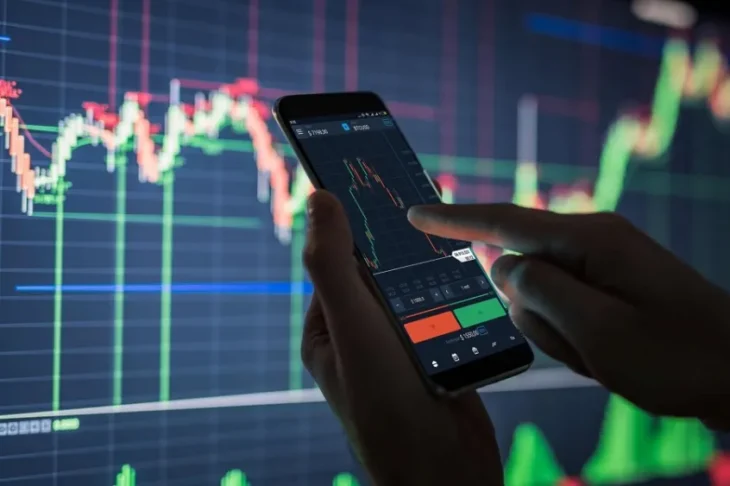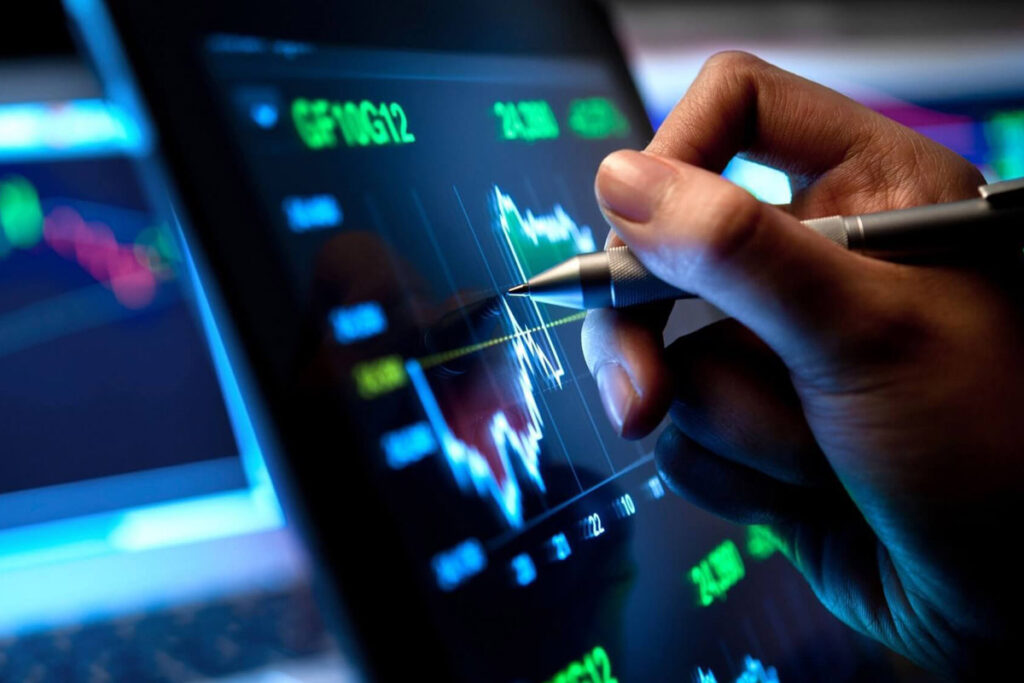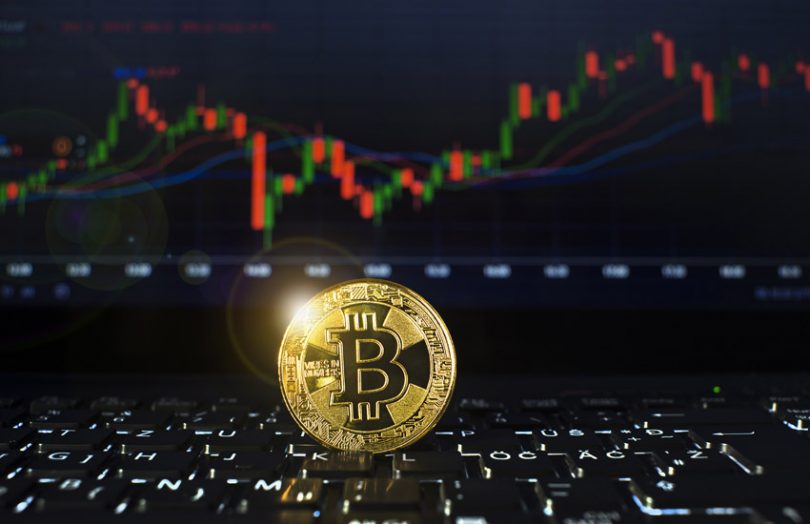
8 Tips and Tricks for Trading Crypto Futures
Bitcoin drew the attention of the banking and tech industries when it first appeared in 2009. People didn’t appear to mind for a while—until they started costing $19,783 each in 2017.
It was likely the pinnacle that cryptocurrencies achieved, but suddenly everyone wanted to be a part of it. Other cryptocurrencies have developed in the digital environment to compete with Bitcoin since its debut.
Many people have made a lot of money trading cryptocurrencies over the last few years. However, dangers lie around every turn, attempting to derail the fantasy of making quick money. New crypto traders should review these eight pointers before diving into the market.
1. Start With The Basics

You should grasp and comprehend the essential components of the market in order to prepare for trading effectively. You can start by learning how blockchain works, what decentralization means, and where cryptocurrencies might be needed in the future.
Make sure you’re familiar with GT-Protocol, smart contracts, blockchain-based tokens, and various wallet systems. You should also evaluate the current market situation. If you want to trade bitcoin or Ethereum futures, you’ll need to grasp the foundations of futures trading as well as the markets for these specific coins.
Coins and tokens have extremely low market capitalizations when compared to stocks. As a result, they have a lot more room for growth, but they’re also a lot riskier.
2. Understand the Fundamental Rules
Don’t just go into trading if it’s your first time. Investing the necessary time in preparation might save or even earn you a significant sum of money. Crypto forums, blogs, and social media accounts have a wealth of information about trading and investing.
Spend some time reading material from various sources, deciding whether to trade or invest, formulating a trading plan, and considering your risk tolerance.
Understanding the fundamentals of futures trading, such as market capitalizations, trading volume, and the variations between value and price, is undoubtedly vital. For beginner Crypto Traders, learning from experienced traders and investors is also highly encouraged.
3. Use Risk Management

The first and most important of our crypto trading recommendations is to reduce your risk. For example, if you want to make a more significant profit, you should buy altcoins with lower market caps because the risk is higher.
As a result, diversifying your portfolio with several cryptocurrencies is a good idea. Calculate your risk/reward ratio for each trade, be cautious with position sizing, and use Stop Loss and Take Profit tools.
A Stop Loss tool will instantly withdraw you from a losing trade once it reaches a predetermined price, preventing losses from spiraling out of hand.
A Take Profit tool will exit you at a predetermined price on a trade that is trending in the correct direction, allowing you to get out while the going is good, make your goal profit, and avoid losing all of your winnings due to a price reversal.
4. Understand the Fundamentals of Technical Analysis
The evolution of technology and the media are the primary drivers of cryptocurrency values. On the other hand, technical analysis can assist you in determining the best time to purchase or sell.
Along with mastering the fundamentals of futures trading, understanding candlesticks, supports, resistances, and indicators such as the relative strength index (RSI) and moving averages (MA) will help you grasp the market.
Nonetheless, unless you are a professional in technical analysis, you should not engage in trades based exclusively on technical analysis.
5. Regularly Monitor The News

Important news has a significant impact on the pricing of coins and tokens, as you may already know. As a result, you should always be aware of the latest news, announcements, and speculations. To effectively achieve this, make it a point to visit major online blockchain periodicals and communities at least once a day.
CoinTelegraph, Coindesk, and Reddit, a social news aggregation site, are all excellent places to start. Of course, your search will lead you to a plethora of other helpful news sites. Visit cryptolaun.ch to know more.
6. Examine Projects From a Fundamental Standpoint
The actual benefits of the project standing behind it are one of the primary factors for deciding if the price of an asset will rise. In the past, analyzing the technology, team, and use cases seemed like a solid trading or investment strategy.
When deciding whether or not to invest in cryptocurrencies, fundamental analysis is critical in evaluating the project’s underlying value. Never put your faith in a project’s hype. Instead, remain rational and consider the factors mentioned above.
If you lack the expertise to evaluate technology on your own, seek advice from experienced professionals in your circle of friends or reputable online sources. But be cautious; we’re dealing with a significant sum of money, and you can’t trust every expert you meet.
7. Enhance Your Security Protocols

Aside from price swings, criminality is the most typical cause of people losing money. Hackers and fraudsters are working hard to steal your money because the blockchain economy is very profitable, sophisticated, and uncontrolled.
You must be exceedingly cautious in order to defend yourself against their attacks. Highly secure passwords and two-factor authentication should be used for exchange accounts. It is imperative that you do not share passwords and private keys necessary to execute a transaction. Never send money to someone who promises to return it to you.
8. Examine Various Exchanges
Hundreds, if not thousands, of bitcoin exchanges, exist. It’s unavoidable to use more than one exchange if your goal is to trade a large number of altcoins. To identify the best exchange(s), look at trading volume, reliability, costs, the number of assets available, and user experience.
Conclusion
It will take time to master the world of cryptocurrencies, so don’t put too much pressure on yourself to become an expert right now. Finding out how to maximize the potential of your virtual coins—whether you want to utilize them for trading or daily transactions—takes time, experience, and ongoing learning, just like any other talent.